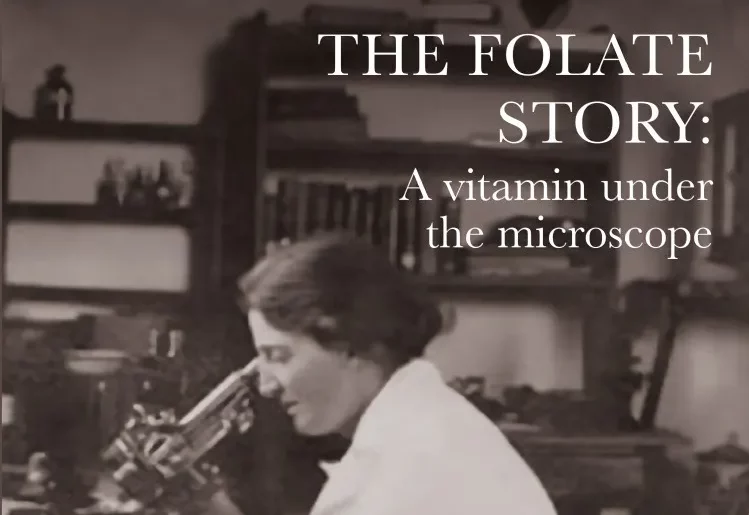
The crucial role of a Newnham College alumna who discovered the vitamin folate and its importance in tackling anaemia features in a new book published this year.
The Folate Story by Victor Hoffbrand is dedicated to Lucy Wills, an undergraduate at Newnham before the First World War, who later qualified at the Royal Free Hospital School of Medicine.
She discovered the existence of a crucial substance in yeast extract in 1931, when she fed Marmite to anaemic pregnant women in Bombay which cured their anaemia. Her research provided the first evidence for a previously unknown vitamin called the ‘Wills factor’ until it received the name folic acid 10 years later.
Lucy Wills received no public recognition, although the significance of her discovery became increasingly apparent.
Victor writes: “The story of folate (vitamin B9) is one of outstanding achievements which have advanced major areas of medical practice and scandals of international significance. Folate was the only one of the 13 vitamins to have been discovered by a woman. The vitamin was subsequently shown not only to correct anaemia but to prevent the birth of babies with the severe defect spina bifida. The first effective anti-bacterial drugs and anti-cancer drugs were anti-folates.
“This book is dedicated to the heroine of the folate story, Lucy Wills… An outstanding clinical scientist, independent and radical in outlook, she never received the national or international recognition and honours she surely deserved. It has been my honour to be her successor both in folate research and as a haematologist at the Royal Free Hospital School of Medicine.”
Dr Hoffbrand believes there should be worldwide fortification of the diet with folic acid, which could stop thousands of babies being born each year with spina bifida: a cheap, safe public health measure, already mandated in more than 80 countries.


